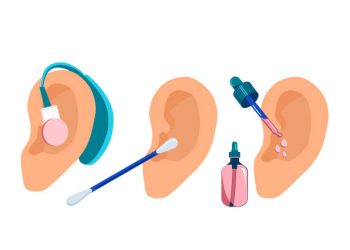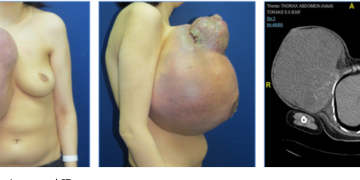Development and evaluation of a voluntary education module on medicine safety for basic science medical students in Nepal
Abstract:
Dear Editor,
Although medicines are beneficial, sometimes they can be harmful and can lead to potentially life threatening conditions and even lead to death. Medicines can cause Adverse Drug Reactions (ADRs), which has been defined by the World Health Organization (WHO) as ‘a response to a drug which is noxious and unintended, and which occurs at doses normally used in man for the prophylaxis, diagnosis, or therapy of disease or for the modification of physiological function’.[1] Data suggests ADRs to be a major cause of morbidity and mortality worldwide.[2] Evidence suggests knowledge, attitude and practice towards ADR reporting and prevention among health professionals including medical doctors are poor.[3] Often health professionals do not report ADRs to concerned authorities and have a poor understanding regarding the existing ADR monitoring program in their countries.[4] A possible reason may be because medicine safety issues are inadequately addressed in the medical and health sciences curricula which emphasizes the beneficial effects of medicines and puts relatively less emphasis on their rational and safe use. In developing countries, pharmacovigilance is not adequately addressed in the curricula of health professions schools. ADRs are only included as a topic during didactic lectures and the practical aspects of reporting and preventing ADRs are inadequately addressed.[5] Educating medical students about the safe use of medicines and about existing ADR monitoring programs in their countries is important to address the current gap in knowledge. Read more. . .
Download Article >>
- PDF (PDF, 251.97 KB)








Discussion about this post